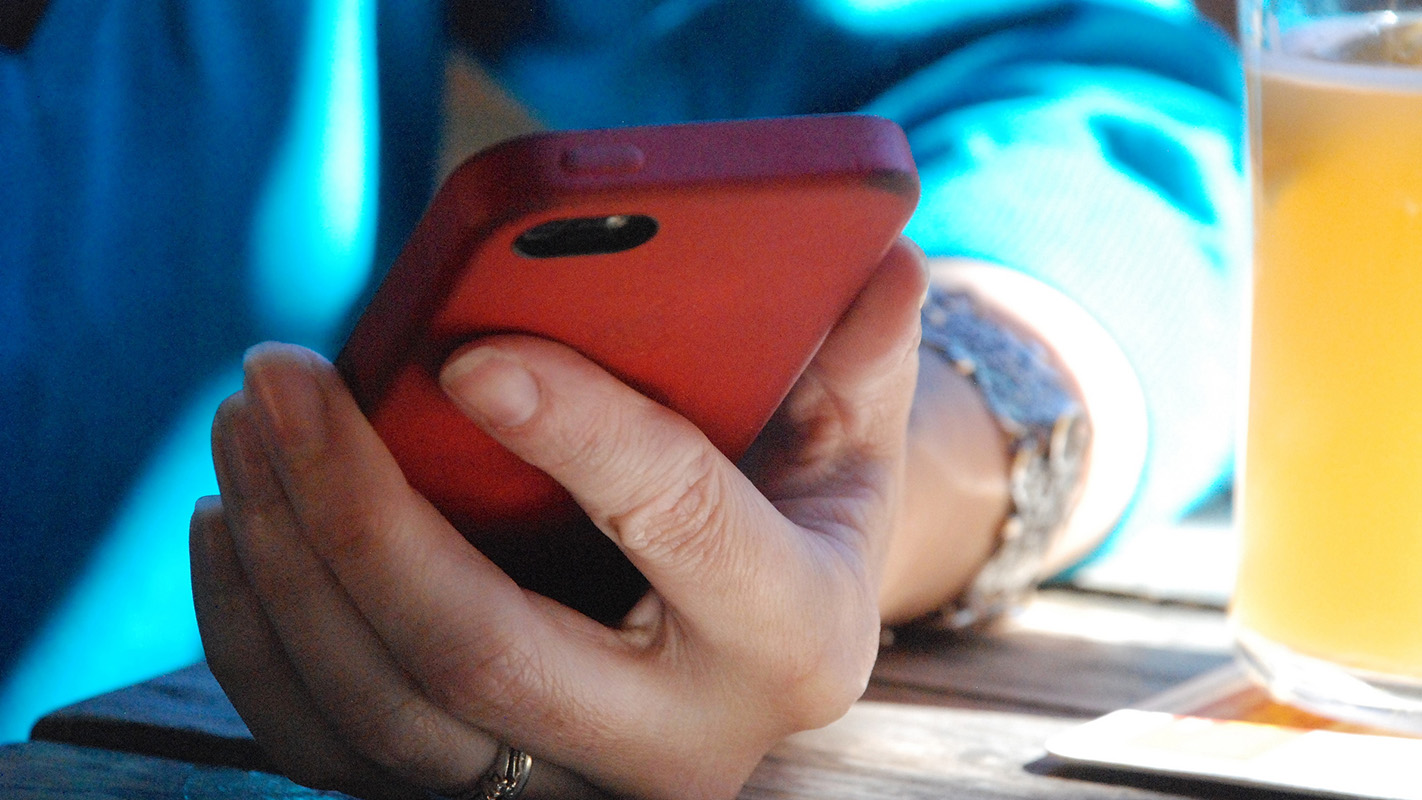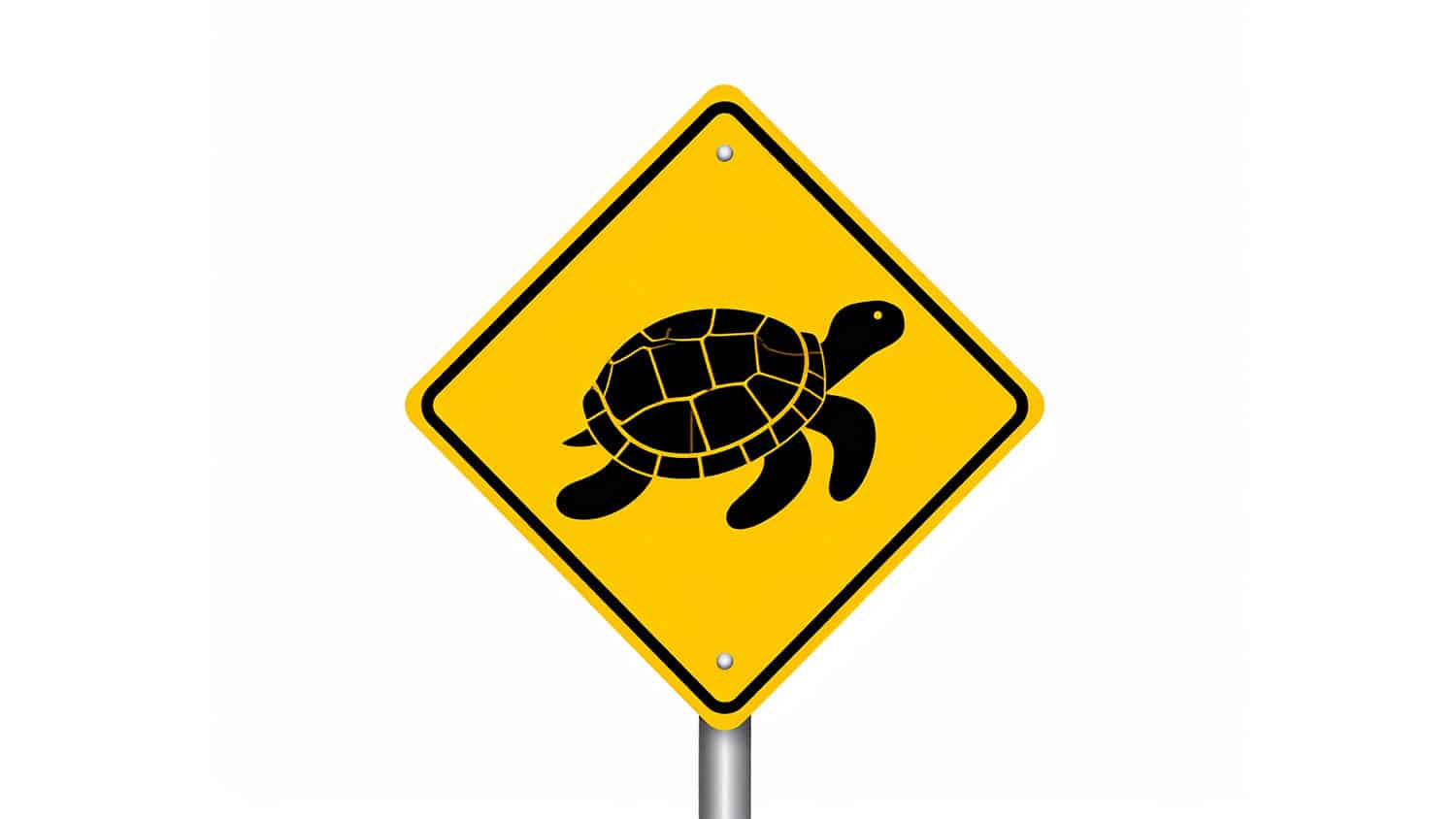Study Highlights Link Between Social Media Use and Underage Drinking

A recent study finds that the savvier young people are about using social media, the less likely they are to report having alcohol-related problems.
“Earlier research has shown that college student posting about and viewing alcohol on social media is correlated with health, social and academic problems related to alcohol use,” says Lynsey Romo, study co-author and an assistant professor of communication at North Carolina State University. “We wanted to learn whether there are specific characteristics of college students who use social media that are linked to alcohol-related problems.”
To learn more, the researchers conducted an online survey of 364 undergraduate students at a Midwestern university. The students all reported having consumed at least one alcoholic drink in the past month and had a Facebook, Twitter or Instagram account. The students had an average age of 19.
“The survey asked about two types of social media behavior: looking for information – such as asking friends about places to buy cheap drinks; and sharing information – such as posting photos, videos or tweets related to drinking,” says Charee Thompson, lead author of the paper and an assistant professor of communication at Ohio University.
The survey also asked study participants about their social media competence and included a series of questions designed to measure the extent to which participants had problems related to alcohol use – such as missing class or getting into fights.
The researchers found that the more likely an individual was to seek or post information about alcohol, the more likely that individual was to have alcohol-related problems, which was consistent with existing research. But the researchers uncovered that this effect varied depending on how skillful students rated their social networking site usage.
Students who reported they were not very effective communicators on social media, relative to the overall group, were much more likely to report having alcohol-related problems in relation to their alcohol-related social media behavior. Conversely, students who felt they were good online communicators were much less likely to report alcohol-related problems.
“Students who are more aware of what’s appropriate to share on social media also appear to be more self-aware when it comes to navigating other situations related to drinking,” Romo says.
“And it’s important to note that social media use is a skill,” Thompson says. “There are many risk factors we can’t control when it comes to drinking – like age or biological sex – but we can teach people to use social media responsibly.
“This is a preliminary study, and more work is needed to explore these communication risk factors in a social media context,” Thompson adds.
“It is possible that teaching social media competence could play a role in helping to reduce the risk of alcohol-related problems for underage drinkers,” Romo says.
The paper, “The Role of Communication Competence in Buffering Against the Negative Effects of Alcohol-Related Social Networking Site Usage,” is published online in the journal Communication Reports.
- Categories:


